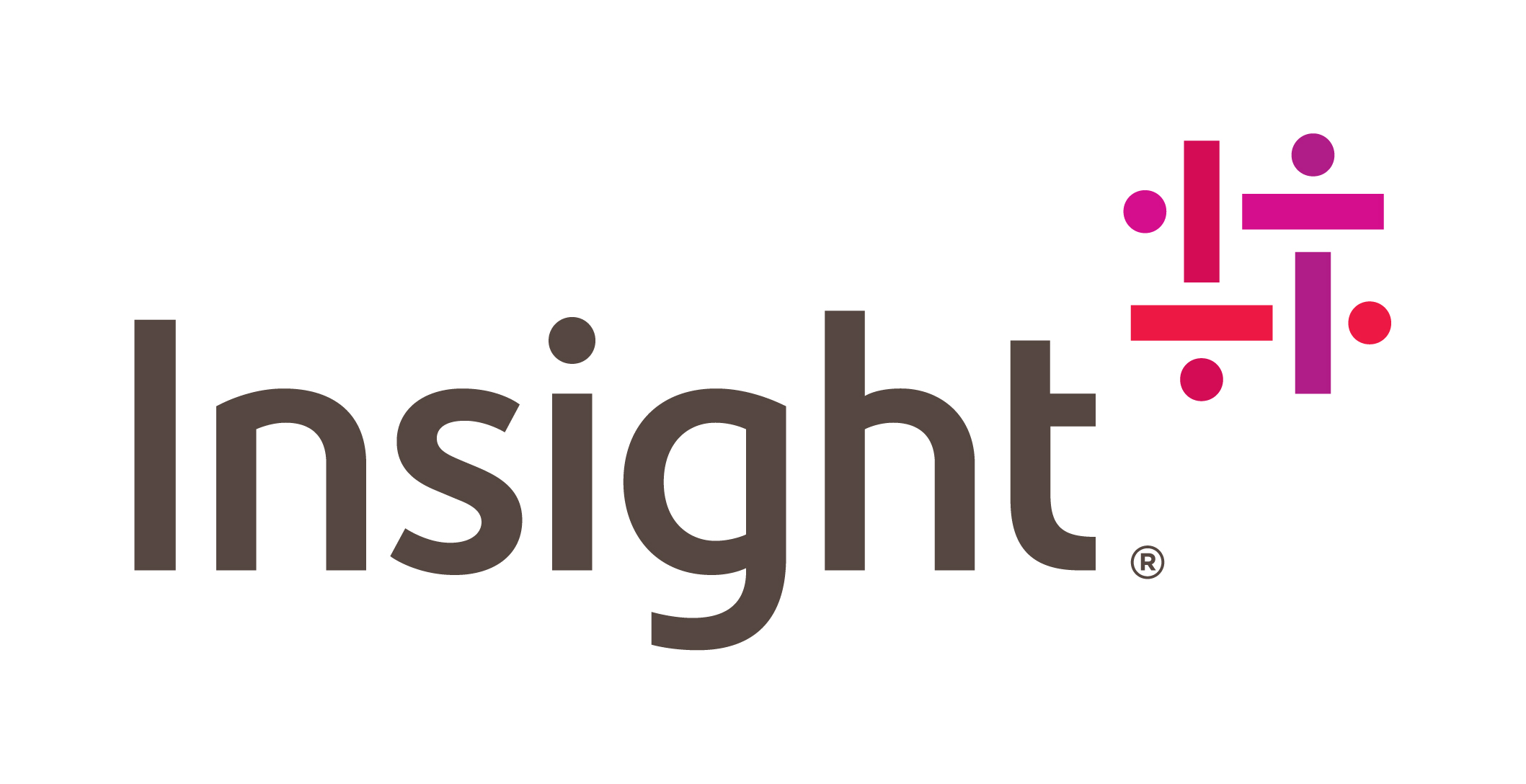The pace of technological development is accelerating so quickly that ideas which would have been considered science fiction just years ago are now the basis of real products and businesses. I know I’m not alone in looking to speculative fiction for inspiration when it comes to getting a fresh perspective on what’s coming, what’s next.
When I get asked what I’m reading, it sometimes feels un-businesslike to hit folks with what looks like escapism. But I’ve noticed that a great book of fiction and a solidly researched work of nonfiction can be like the perfect beer and fries combo, offering complementary perspectives, and best enjoyed together. Here are five fiction and nonfiction pairings I love, on some of the themes I think about all the time, right in time for holiday gift-giving and reading season.
1. Iteration and evolution
Lots of customers ask me about how to accelerate, how to increase the rate of innovation, and drive productive evolution in their business. It’s a perennial drive.
Will Larson’s An Elegant Puzzle, a masterwork on how to evolve a systems engineering discipline, absolutely reminds me of the endless generations in Last and First Men by Olaf Stapledon. Setting the preconditions for success works better than trying to enforce successful behaviors!
2. Micro focus
Innovation isn’t a big bang, it’s zillions of tiny steps. Folks who master the complexity, detail, and nuance required by today’s systems will be ready for tomorrow’s challenges.
Charity Majors and Laine Campbell wrote Database Reliability Engineering, a foundational guide for folks way, way, way down in the weeds of critical state systems that drive every digital product we depend on. On the fiction side, nothing gets more micro than Robert L. Forward’s Dragon’s Egg!
3. Informing choices
At the end of the day, every business succeeds or fails due to the choices its leaders make.
Paul F. Magnone, Christopher J. Frank, and Oded Netzer wrote Decisions Over Decimals, a killer primer on how to stop paying lip service to being “data driven” and instead empower clear decision-making. There are lots of choices coming in tech, and Marshall Brain’s Manna does a great job of exploring some of the unintended consequences of mediocre decision-making.
4. Building like a long investor
“Move fast and break things” sounds cool, but when you add “your business depends on” to the end… I advocate for thoughtful investment, focused on the long-term trajectories that just aren’t going away.
The Site Reliability Workbook by Betsy Beyer, Niall Richard Murphy, David K. Rensin, Kent Kawahara, and Stephen Thorne, is a helpful, hands-on companion to Site Reliability Engineering, a book that made reliability considerations fundamental to service design. In the world of science fiction, nothing is more about reliability engineering than building a store of civilization itself designed to last 10,000 years, as in Issac Azimov’s incredible Foundation.
5. The duality of the mind
How you think isn’t always how you think! We’re complex little creatures, us humans, and understanding the inherently biased, non-linear, just plain weird ways our squishy brains approach reality is essential to improving the choices you make and the actions you take.
Daniel Kahneman unpacked a crucial way of grokking how we cogitate in Thinking, Fast and Slow, which is certainly a focus for Neal Stephenson as he explores a homeless pizza delivery serf who happens to be the inventor of the metaverse (and the world’s greatest swordsman) in Snow Crash.
Bonus reading!
The Ministry for the Future, hailed by Jonathan Lethem as “the best science fiction nonfiction novel I’ve ever read” simultaneously works as fiction and nonfiction. It’s at once an enormously thoughtful review of the current best thinking on how to mitigate climate change and a deeply human look at how this much change demands incredible things from each of us.
Enjoy! I want to hear what books you are into! Learning is incredible stuff! Hit me with your inspirations on Twitter or Mastodon.



